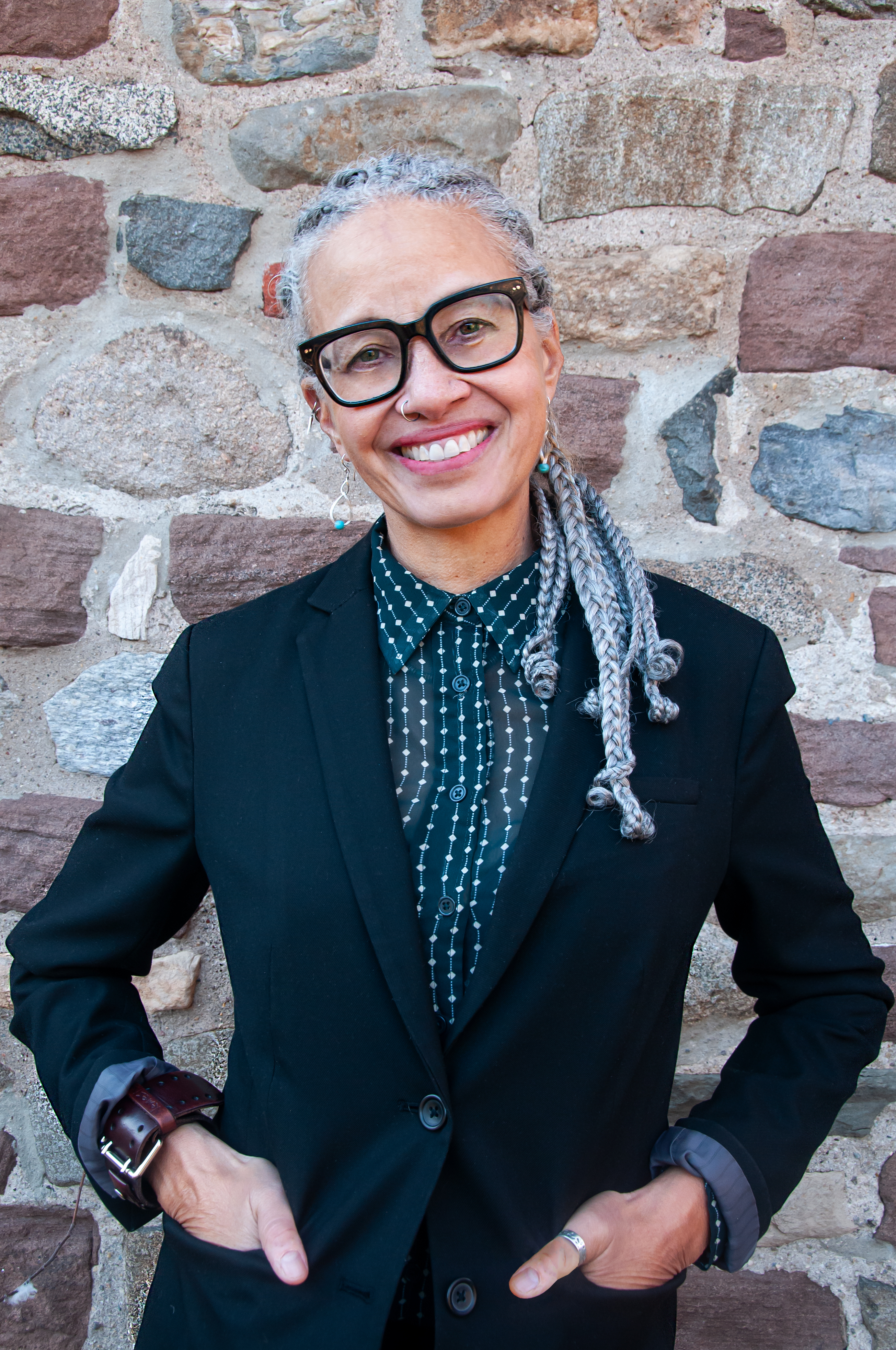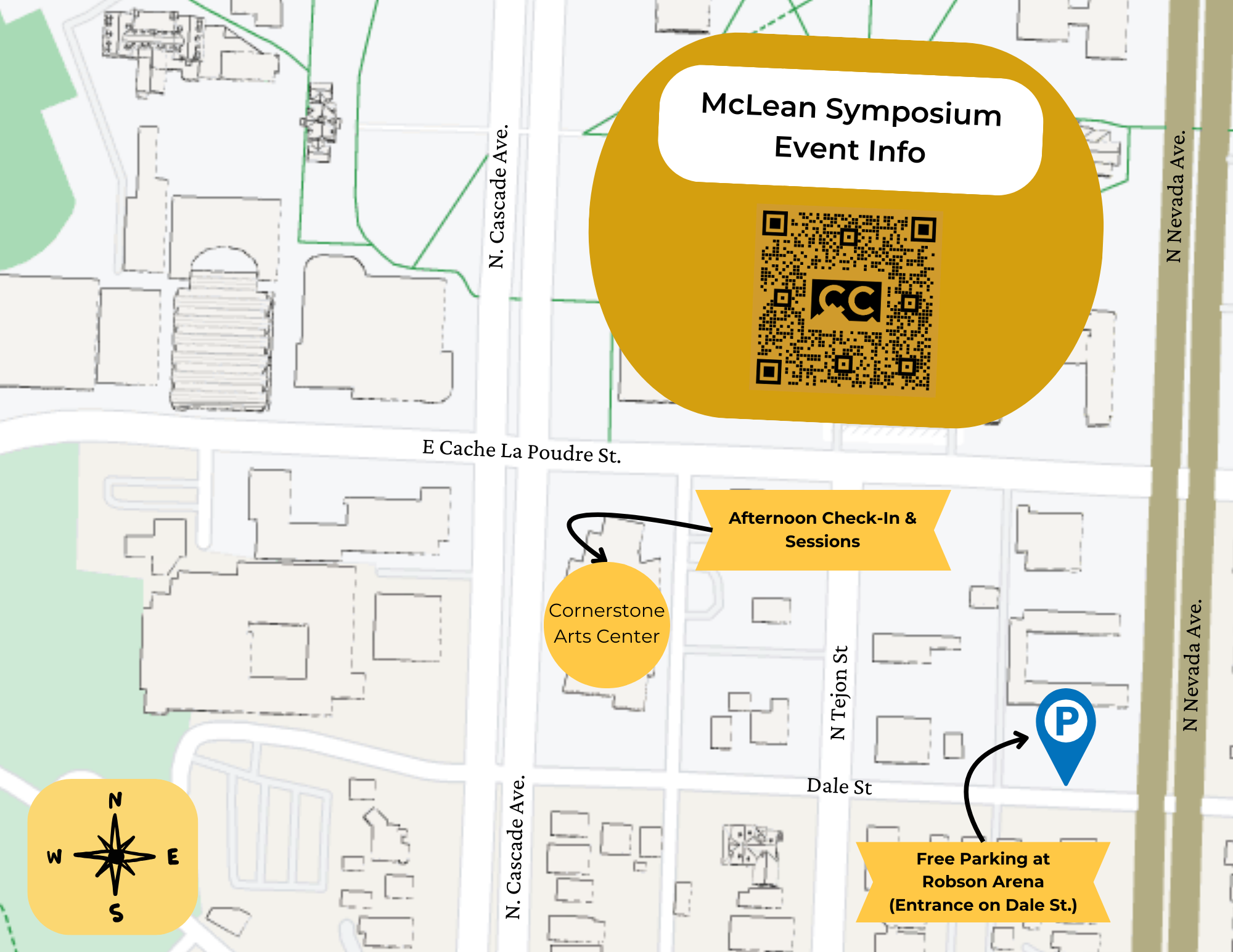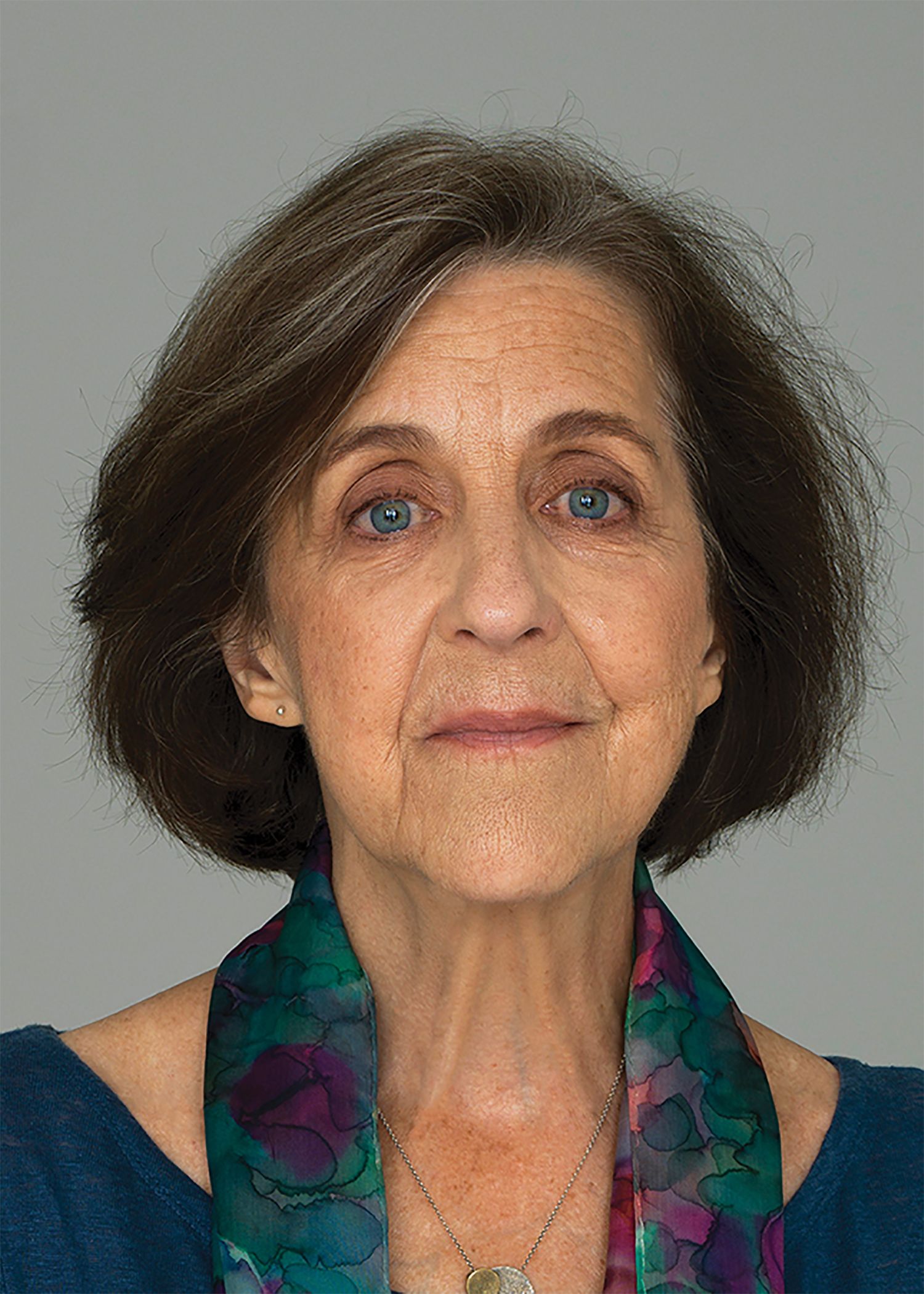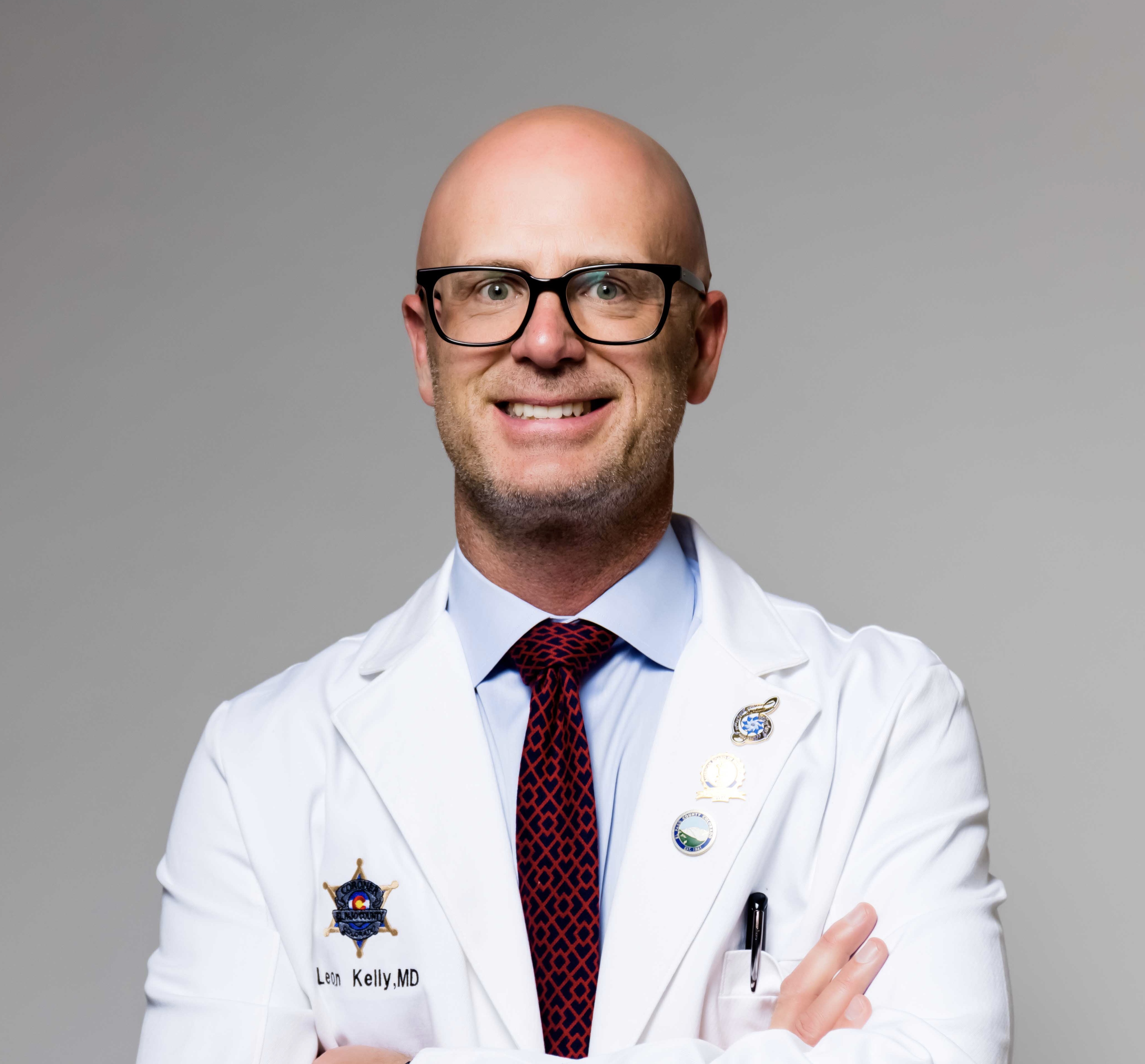MacLean Symposium
MacLean Symposium:
Narrative Medicine
Addressing the Crisis in Access and Equity in Health Care in the United States: How the Stories We Tell Matter
April 11, 2024
What is Narrative Medicine?
To initiate a conversation about how narrative medicine—its skills, its understanding of culture and rhetoric—can improve access to more equitable health care in the US.
Narrative medicine is a way of thinking about how medical care is shaped by our stories – not only the themes and content of these stories, but their structure, delivery, and influence. Basic questions like “who tells the story?”, “who’s the audience?”, and “what’s the genre of the story?” can tell us a lot about the narrative and what impact it may have.
Narrative Medicine pays attention to structure, imagery, tone, character types, genre, story logic, and narrators. Each of these affects how care in medicine and the health care system itself is directed and delivered.
The event is generously supported by The D.J. MacLean Endowment for English.
EVENT SCHEDULE
Richard F. Celeste Theatre
Edith Kinney Gaylord Cornerstone Arts Center
825 N. Cascade Ave.
1:30 p.m. -2:30 p.m.
"Narrative Discoveries of Patients' Perspectives: A Perilous and Neccesary Transport"
3:00 p.m. - 4:00 p.m.
"Addressing the Crisis in Access and Equity in Health in the United States: How the Stories We Tell Matter"
Linda Villarosa, Author, Under the Skin: The Hidden Toll of Racism on American Lives and on the Health of our Nation
4:30 p.m. -5:30 p.m.
Keynote Panel Discussion
Rita Charon, M.D., Ph.D. (Columbia University)
Linda Villarosa, Author, Under the Skin: The Hidden Toll of Racism on American Lives and on the Health of our Nation
Ila DeBose, LCSW (University of Colorado, Colorado Springs)
Leon Kelly, M.D. (El Paso County Coroner)
Parking: Guests can park in the Robson Arena Garage for free. The entrance is on Dale Ave.
Admission is Free to the Public
ASL interpreter will be onsite
KEYNOTE SPEAKERS
Rita Charon
Rita Charon is a general internist and literary scholar and one of the founders of the field of narrative medicine. She is the Bernard Schoenberg Professor of Social Medicine, the founding chair of the Department of Medical Humanities and Ethics, and Professor of Medicine at the Columbia University Vagelos College of Physicians & Surgeons. She is the Executive Director of Columbia Narrative Medicine. She completed the MD at Harvard and the PhD in English at Columbia. Her research investigates narrative medicine training, reflective practice, health care justice, and health care team effectiveness and has been supported by the NIH, the NEH, and many private foundations. She was selected by the National Endowment for the Humanities to deliver the Jefferson Lecture in 2018, the highest academic distinction awarded by the NEH. She has authored, co-authored, or co-edited four books on narrative medicine. She lectures and teaches internationally and is published in leading medical and literary journals.

Linda Villarosa
Journalist Linda Villarosa is a contributing writer for The New York Times Magazine, where she covers race, inequality and public health. A former executive editor of Essence Magazine, she is the author of the book Under the Skin: The Hidden Toll of Racism on American Lives and on the Health of Our Nation.
Under the Skin tells the full story of racial health disparities in America by revealing the toll racism takes on individuals and public health. In 2018, Villarosa’s New York Times Magazine article on maternal and infant mortality, “Why America’s Black Mothers and Babies Are in a Life-or-Death Crisis” caused an awakening. Hundreds of studies had previously established a link between racial discrimination and the health of Black Americans, with little progress toward solutions. But Villarosa’s article exposing that a Black woman with a college education is as likely to die or nearly die in childbirth as a white woman with an eighth-grade education made racial disparities in health care impossible to ignore.
In this landmark book Villarosa lays bare the forces in the American health-care system and in American society that cause Black people to “live sicker and die quicker” compared to their white counterparts. Study after study of medical settings show worse treatment and outcomes for Black patients. Black people live in dirtier, more polluted communities due to environmental racism and neglect from all levels of government. And, most powerfully, Villarosa describes the new understanding that coping with the daily scourge of racism ages Black people prematurely. “Perhaps one of the most important and thought-provoking publications of the year” (Oprah Daily), Under the Skin was named a best book of 2022 by 6 publications, including NPR, and the Washington Post, was honored as one of the top 10 books of 2022 by the New York Times, won the J. Anthony Lukas Prize, and was a finalist for the Pulitzer Prize.
PANELISTS
 Ila DeBose
Ila DeBose
Ila DeBose, LCSW is a Clinical Assistant professor and Director of practicum education with the BSW social work program at University of Colorado, Colorado Springs. She has been in social work higher education for eight years teaching practicum seminar course as well as courses on diversity and social justice. Prior to entering academia, she spent over 20 years working in private and community mental health services assisting individuals, families and groups that live with the challenges of mental, emotional and behavioral issues. She continues to engage in community activities and serve her community through volunteerism, board membership and consultation.
Leon Kelly
Leon Kelly, M.D. is a board-certified forensic pathologist and the Coroner/Chief Medical Examiner of El Paso County, overseeing investigations into sudden, unexpected, or non-natural deaths throughout southern Colorado. Dr. Kelly co-founded the El Paso County Child Fatality Review Team and the nationally recognized, Teen Suicide Prevention Working Group. He is the current Board Chair of the Colorado Springs chapter of the National Alliance on Mental Illness (NAMI) and served as the emergency Deputy Medical Director of El Paso County Public Health helping to lead our community’s COVID-19 pandemic response.



